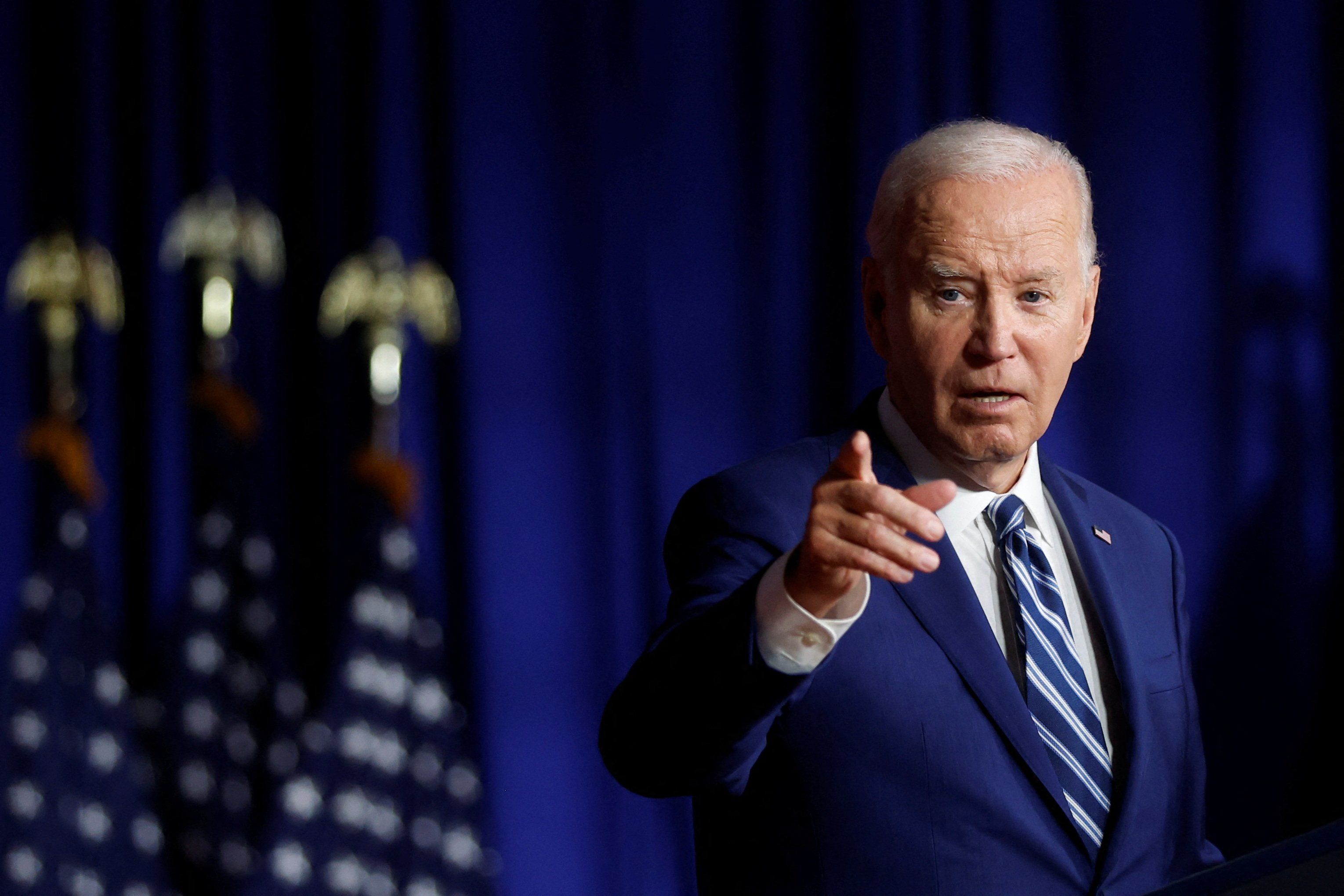By itself, this deal is a significant breakthrough, given the US-Iranian frictions of recent years. But there’s a follow-up question: Is that it? Is this a one-off humanitarian gesture that gives each side something it wants? Or is this the first move in a warming of relations? Cash-strapped Iran wants access to all its frozen assets, and the Biden administration would love to improve relations with its main Middle East antagonist – and to give Iran a reason to cool its relations with Russia.
Could this deal even signal progress toward a return to the Iran nuclear deal? We may know the answer later this month when UN nuclear inspectors issue their latest report on Iran’s uranium enrichment progress.
More For You
15: The number of migrants who died after their boat accidentally collided with a Greek Coast Guard vessel in the Aegean Sea on Tuesday. Two dozen people were rescued.
Most Popular
Walmart is investing $350 billion in US manufacturing. Over two-thirds of the products Walmart buys are made, grown, or assembled in America, like healthy dried fruit from The Ugly Co. The sustainable fruit is sourced directly from fourth-generation farmers in Farmersville, California, and delivered to your neighborhood Walmart shelves. Discover how Walmart's investment is supporting communities and fueling jobs across the nation.
Democratic Alliance leader John Steenhuisen announced Wednesday that he will not run for a third term as leader of the liberal, pro-business party, after months of internal pressure over a host of controversies – including allegations, since cleared, that he used the party credit card for Uber Eats.
